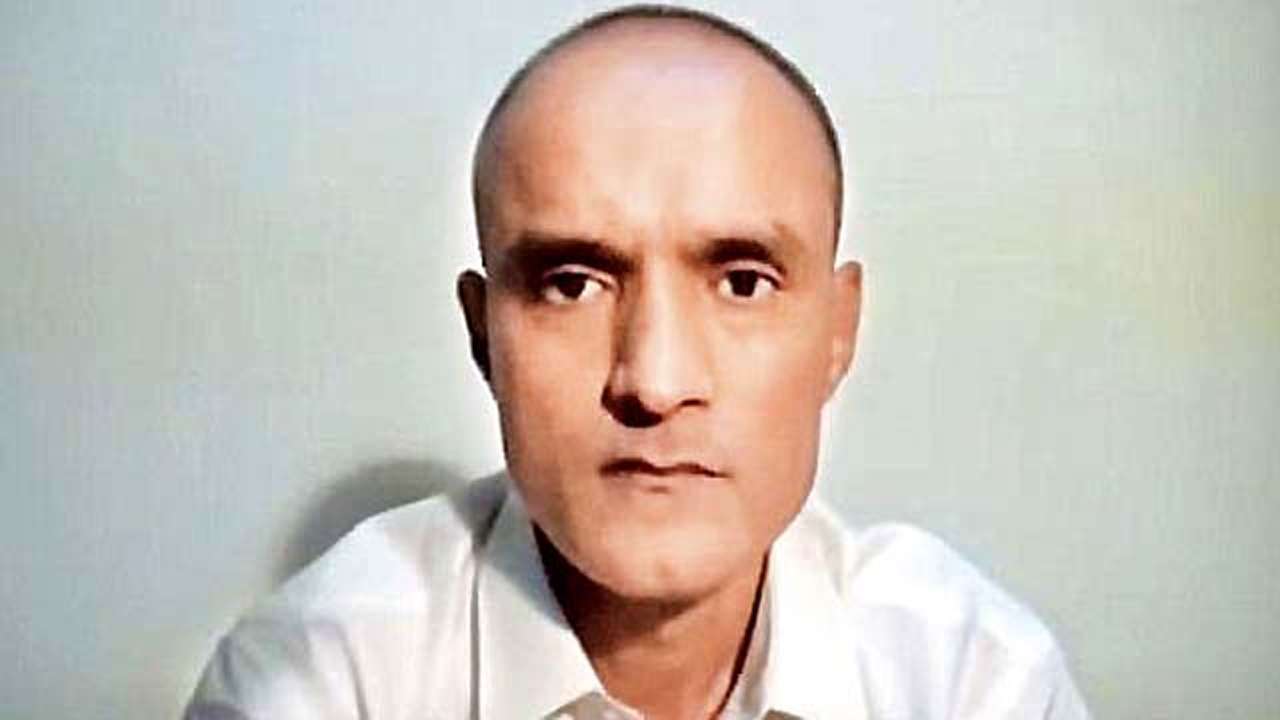
Mexico praises ICJ ruling in Kulbhushan Jadhav's case
Mexico welcomed the International Court of Justices (ICJ) ruling in Indian national Kulbhushan Jadhav's case, saying that the Court deepened its jurisprudence on consular law through the case and reiterated that rules under the Vienna Convention.

Mexico welcomed the International Court of Justices (ICJ) ruling in Indian national Kulbhushan Jadhav’s case, saying that the Court deepened its jurisprudence on consular law through the case and reiterated that rules under the Vienna Convention on Consular Relations are not dispensable rules that states can or cannot choose to respect.
“The effective fulfillment by the Member States of the diplomatic and consular obligations is of the greatest relevance for the operation of the international multilateral system,” Legal Adviser of the Mexican Ministry of Foreign Affairs Alejandro Celorio said on Wednesday in the General Assembly as the Courts President Judge Abduylqawi Yusuf presented his report to the 193-member UN body.
Celorio said, Mexico would highlight the ruling issued by the ICJ on July 17 in the Jadhav case, in which the Court ruled with regard to the need to provide consular notification when foreign citizens are detained.
“Through the Jadhav case, the Court was able to broaden and deepen its jurisprudence with regard to consular law and the importance of its unrestricted implementation,” he said.
ALSO READ: Kulbhushan Jadhav ‘under extreme pressure to parrot Pak narrative’: MEA
Celorio also referred to the Avena case of 2003 which Mexico had brought against the US in a dispute concerning alleged violations of the Vienna Convention relating to 54 Mexican nationals who had been sentenced to death in the US.
He said “the consistent legal criterion that the court maintained in the Avena case demonstrates on the one hand that violations of the rights of foreign citizens today are just as relevant as they were 15 years ago when the Avena case was issued.”
Referring to the Jadhav case, he stressed that the most recent judgment resolved by the Court also serves to reiterate the importance of the body of rules establishing consular law, in particular those laid down in the Vienna Convention on Consular Relations.
“These are not dispensable rules that states can choose to respect or not to respect, but rather they are international rules of law that protect relations between states in their most basic aspect, their citizens.”
He also noted that a multilateral system that is healthy and functional depends on the peaceful settlement of disputes. That’s why the role of the ICJ is key when it comes to the applicability of multi-lateralism,” adding that the availability of international tribunals represents the commitment of the international community to use law as a way to solve disputes.
ALSO READ: Pakistan should immediately release Kulbhushan Jadhav: Jaishankar
“But in order to honour this commitment, its important that its decisions be observed and implemented. The work of the International Court of Justice is not limited to settling disputes between states as a mere formality. The responsibility for the success of international justice lies in the effective implementation of its decisions by Member States,” he said.
Speaking in the General Assembly on the Report of International Court of Justice, Additional Secretary (L&T) in the Ministry of External Affairs Uma Sekhar said the report reflects on the importance that states attach to and the confidence that they repose in the Court.
“This is evident from the number, nature and variety of cases that the Court deals with and its ability in so dealing with the complex aspects of public International Law.”
She said it is also significant to note that the Court has not lost sight to adapt itself to the working methods, including handling of emergent situations in responding to the increased workload and in dealing with the complexity involved in the cases submitted to it.
“In the performance of its judicial functions, the Court has remained sensitive to political realities and sentiments of states, while acting in accordance with the provisions of the UN Charter, its own Statute and other rules of International Law.”
Presenting the Courts report to the General Assembly, Yusuf had said that in its July 17 judgement, the principal judicial organ of the United Nations “found that Pakistan had violated its obligations under Article 36 of the Vienna Convention and that appropriate remedies were due in this case.”
In a major victory for India, the ICJ had ruled that Pakistan must review the death sentence awarded to Jadhav, a retired Indian Navy officer who was sentenced to death by the Pakistani military court on charges of “espionage and terrorism” after a closed trial in April 2017.
ALSO READ: Kulbhushan Jadhav escapes the noose, but no return to India yet
The bench led by Yusuf had ordered an “effective review and reconsideration of the conviction and sentence of Mr Kulbhushan Sudhir Jadhav.”
The bench had also ruled that Pakistan had violated India’s rights to consular visits after Jadhav’s arrest. According to the ICJ, Pakistan “deprived the Republic of India of the right to communicate with and have access to Kulbhushan Sudhir Jadhav, to visit him in detention and to arrange for his legal representation.
India had welcomed the verdict of the International Court of Justice, saying that the ruling of the court by a vote of 15-1 upheld India’s position in the case.

